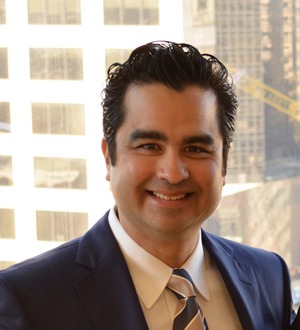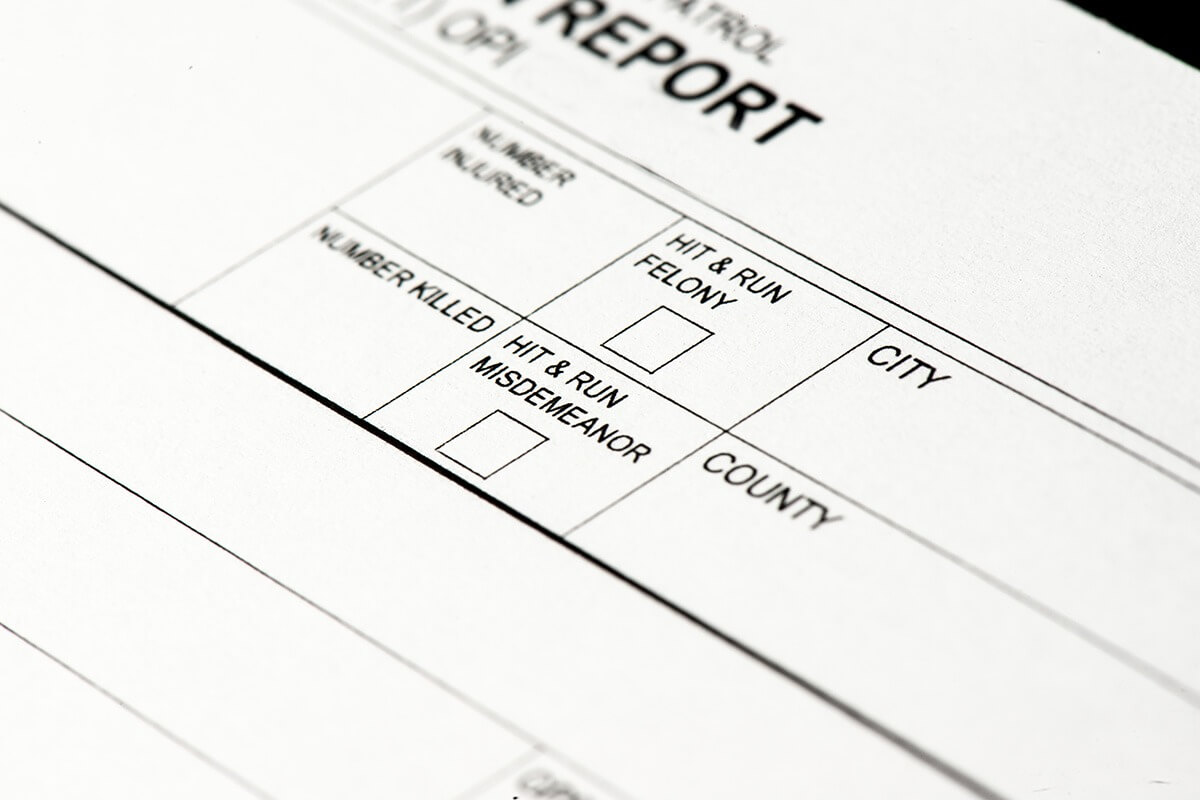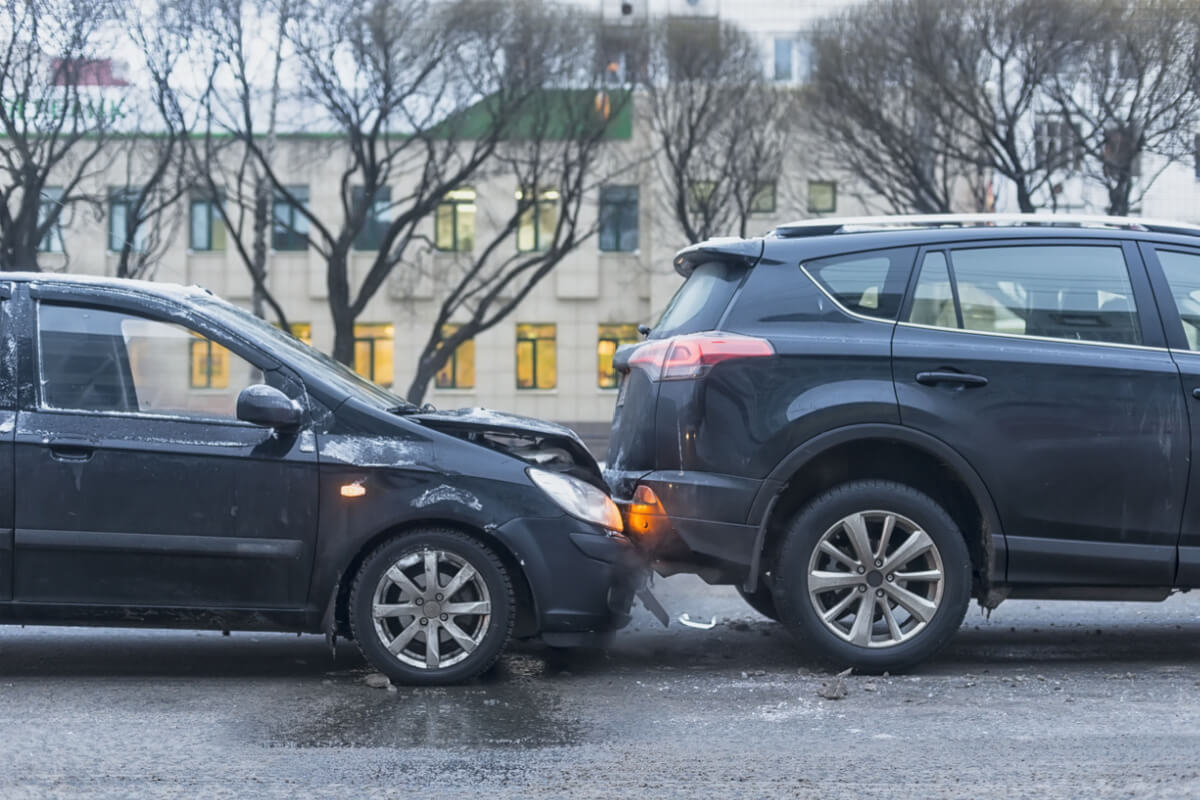
Partner at AKD Lawyers
Practice Areas: Personal Injury

The first responders to arrive on the scene after a serious auto accident is always the police. These courageous and dedicated men and women are experts at knowing how to take charge of chaos. For havoc and commotion is what they’re heading into when they answer a call directing them to a serious car accident.
But while saving lives or helping firefighters extract passengers trapped inside their vehicle, they’re also expected to perform as data intake administrators filling out necessary paperwork as required by insurance companies and other official agencies.
At the scene of a crash a police officer must collect basic information:
- The date, time, and exact location of the crash site.
- What the condition of the road was, and if harsh weather conditions were present that could
Impair vision or driving speed. - Contact information for the drivers involved in the accident.
- Contact information from any eye-witnesses.
- Statements from all the drivers involved in the accident.
- Statements from eye-witnesses.
- Details of damage to vehicles involved in the accident.
- What evidence is apparent; such as tire marks left on the roadway
- The type of injuries sustained.
- Whether tickets or citations were issued at the scene to any driver involved in the accident.
- The officer outlines on the police report a very simple diagram showing the point of impact and direction the vehicles were headed in just prior to impact. It is through that illustration that the officer is giving his or her own conclusion as to which party caused the accident. Moreover, police routinely list the contact information of the driver believed to be ‘at fault’ first on their report. In the midst of calming a catastrophe, police officers can make errors.
If a one or more of the parties involved in the accident are unconscious or unable to coherently piece together for the officer their account of what caused the collision, the officer has only the statements of eye-witnesses to base their findings on as to what led up to the crash.
But eyewitness testimony is oftentimes unreliable. Witness statements, even if it’s taken down from two individuals standing in the same exact place at the time of the accident, can frequently contradict each other and prove inaccurate. There are always factors present that can distort an individual’s awareness and influence what they thought they saw.
If you have disputed versions of what caused your accident, then even if you know you were in the right and not responsible, you’re on your own and left vulnerable to being held ‘at fault and accountable.
Your police accident report holds a lot of weight with your insurance company. Louisiana insurance companies adhere to a ‘at fault’ system, which means your insurance company will assess the damage and review all statements taken by the police at the crash scene in order to determine which driver actually caused the crash. If you were unable to give your statement at the scene and defend your actions, your voice will legally remain silent in the matter and your compensation for your injuries and your loss of property and any salary loss because you’re unable to go to work and need weeks to recover without a paycheck coming in, none of that will matter to your insurance company. Insurance companies are only interested in identifying which driver should be held responsible for causing the accident so that a decision can be reached as to which driver’s insurance company must pay for injuries and overall damages.
If the fault is unclear, the cost of damages may be split up between insurance companies. Again, this is why conflicting statements severely impacts on how your insurance company will view your case. Ultimately, these kinds of statement discrepancies undermine how much compensation you’ll receive for all of your losses and pain and suffering.
This is a gross injustice, but how can you correct it?
By retaining an experienced injury attorney who is well-acquainted with the unfairness you’re up against and well-equipped with the expertise to thoroughly investigate your accident. By reconstructing the movements made immediately before your collision, the blanks can be filled in to bear out that you were not ‘at fault’ for having caused the accident. Your attorney is then at a position of strength to strongly negotiate for you to receive maximum compensation.
Lawyer cannot take away your pain and suffering. But as New Orleans Accident Law Firm with years of experience and the expertise to investigate your case and navigate you through all the complexities of injury liability law, our job is to fight for your interests and no one else’s.
To ensure you receive the maximum amount of compensation, we stand ready to take into account every aspect of how your injuries have emotionally and physically impacted on your life, your peace of mind, and your ability to earn a living. And we will not stop working for you until you are completely satisfied.
Please keep in mind, in Louisiana, the statute of limitations for filing a personal injury claim is one year from the date of injury. This is a very short time frame if you take into consideration how long you may have already awaited on your insurance company to come up with an unbiased and equitable compensation dollar amount.
Let our law firm get started working for you today. If you or a loved one was seriously injured in an auto accident, you need the best legal expert to act as your champion. Call our firm today so we can get started righting your case right away.
For a free and confidential consultation call AKD Law now! Alvendia, Kelly & Demarest Law firm 504-200-0000
Categories

In 2003, after being dissatisfied with the quality of legal care for victims of car accidents, Roderick ‘Rico’ Alvendia sought to establish a new firm focused on providing high-quality legal services to aid injured victims and their families. J. Bart Kelly, sharing Rico’s passion for upholding justice, joined the firm later that year, and established a partnership.





